Democratic economics and politics
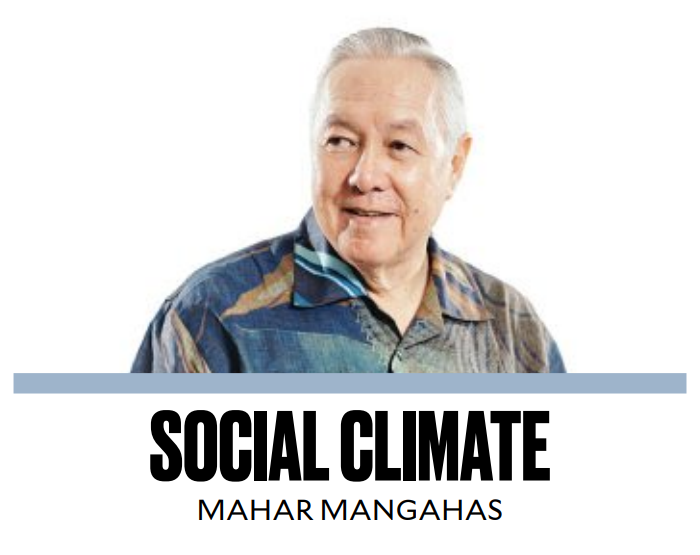
I am often mistaken for a political scientist, obviously because of my experience in election surveys, but actually I am an economist. My research is in democratic economics, meaning the economic well-being of people in general, particularly their poverty, hunger, and other undeserved deprivation. This work entails generating primary data that are not supplied by government. I have no special definition for democratic politics. I simply believe in the value of democracy for both political and economic matters.
The Philippines is not a full or ideal democracy in either its politics or its economics. Scientific survey research happens to be a link for learning the states of democratic economics and politics. The capability to do surveys, independently and without government intervention, requires a business model that understands the market for research on issues concerning broad groups of society.
This market involves politicians, businesspersons, government agencies and their officials, philanthropic foundations, international organizations, etc. Participation in it involves ethical dealings with many players. It is a competitive market, which is quite welcome. (Disclosure: I am a founding member of the Foundation for Economic Freedom.)
Historically, statistically representative social surveys became accepted after George Gallup’s success in predicting the victory of Franklin D. Roosevelt in the 1936 presidential election in the United States. Their main use is actually in closed or confidential business research. Such research is ethical, though nondemocratic, and valuable; we have indeed learned much from practices in business research. It is not unethical to engage in open and closed survey research at the same time.
However, it is the open, published, and shared surveys, commonly called opinion polls, that promote greater democracy, both political and economic. Finding funders for such research is a constant struggle for nonprofit institutes, like Social Weather Stations (sws.org.ph), that lack endowments. The struggle is not easy; but it can succeed in making an institute viable.
There are many private universities in the United States with nonpartisan survey research centers that are entirely self-supporting from commissioned work that is ultimately shared with the public. One in particular is the National Opinion Research Center (norc.org) of the University of Chicago, a private entity. NORC is a cofounder of the 45-country International Social Survey Program (issp.org), in which SWS has represented the Philippines since 1990.
Each ISSP member is responsible for funding its own country-survey. SWS has done all of the annual ISSP surveys from 1991 to the present. Just last week, at the ISSP annual meeting in Croatia, SWS was elected to the drafting group of the next ISSP survey round on religion. It includes pre-testing the religion questionnaire in the Philippines, for comparison with other pretests.
Election research projects, though seasonal, can become an important segment of a democratic research agenda on account of the significant revenue that they generate. Such projects help fund the quarterly Social Weather Report (SWR) surveys that SWS does with its own agenda. The SWR surveys implement the standard SWS indicators of poverty, hunger, joblessness, perceived change in life-quality from the past and into the future, satisfaction with governance on specific subject matters (the government’s “report card”), satisfaction with certain high officials, victimization by crime, perception of neighborhood safety, and so forth.
The most important element of these indicators is their frequency and continuity. All of them are statistically representative of the entire nation, and of at least four component areas: National Capital Region, Balance of Luzon—sometimes subdivided into North and South—Visayas, and Mindanao. The surveys constitute a consistent democratic rendering of economic and political well-being over time and space. They are for the benefit of all sectors, and not only for the mass media. The mass media play a key role as channels for alerting the public as new data come in.
Insofar as mass media institutions see that current surveys have not covered issues or anticipated questions they consider relevant, they should consider sponsoring, or else doing, surveys tailored to their interests, as is done in advanced countries. Opinion polling is a field of study in mass comm departments of many prominent universities.
All SWS election surveys, including commissioned ones, are archived. The raw data become open for research after a three-year embargo, i.e., a standard election cycle. They cover every senatorial election since 1987 and every presidential and vice-presidential election since 1992. They include hundreds of congressional and local elections. Anything over three years old is off embargo. Ultimately everything is open for study; that’s how democracy should work.
—————-
Contact: mahar.mangahas@sws.org.ph.
Dr Mahar Mangahas is a multi-awarded scholar for his pioneering work in public opinion research in the Philippines and in South East Asia. He founded the now familiar entity, “Social Weather Stations” (SWS) which has been doing public opinion research since 1985 and which has become increasingly influential, nay indispensable, in the conduct of Philippine political life and policy. SWS has been serving the country and policymakers as an independent and timely source of pertinent and credible data on Philippine economic, social and political landscape.



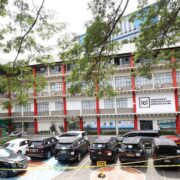
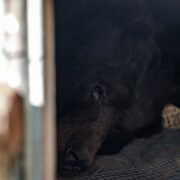
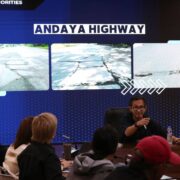
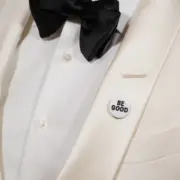

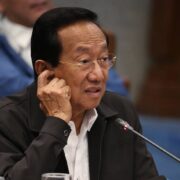
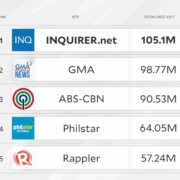



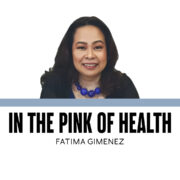
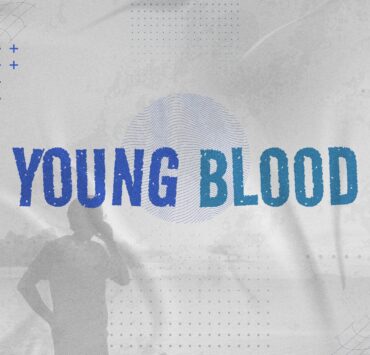
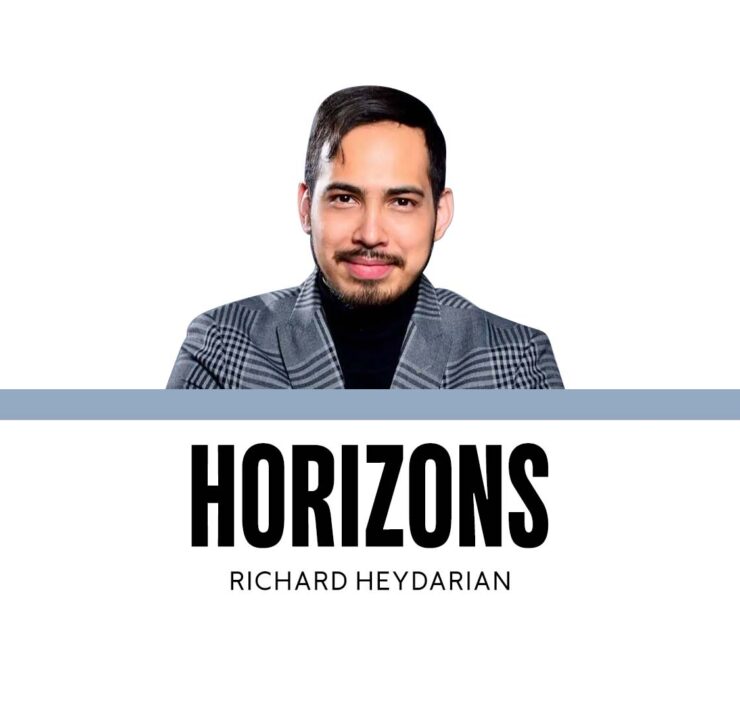

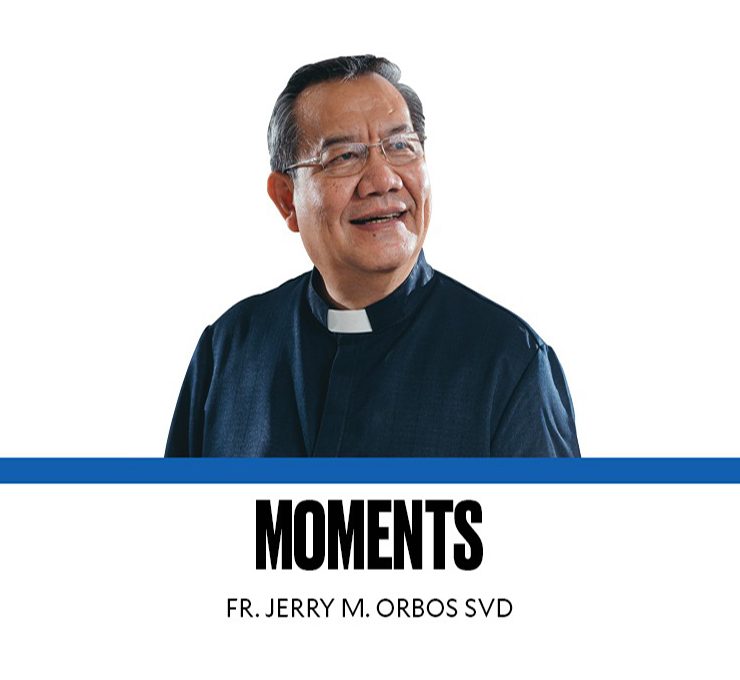



Make government matter again